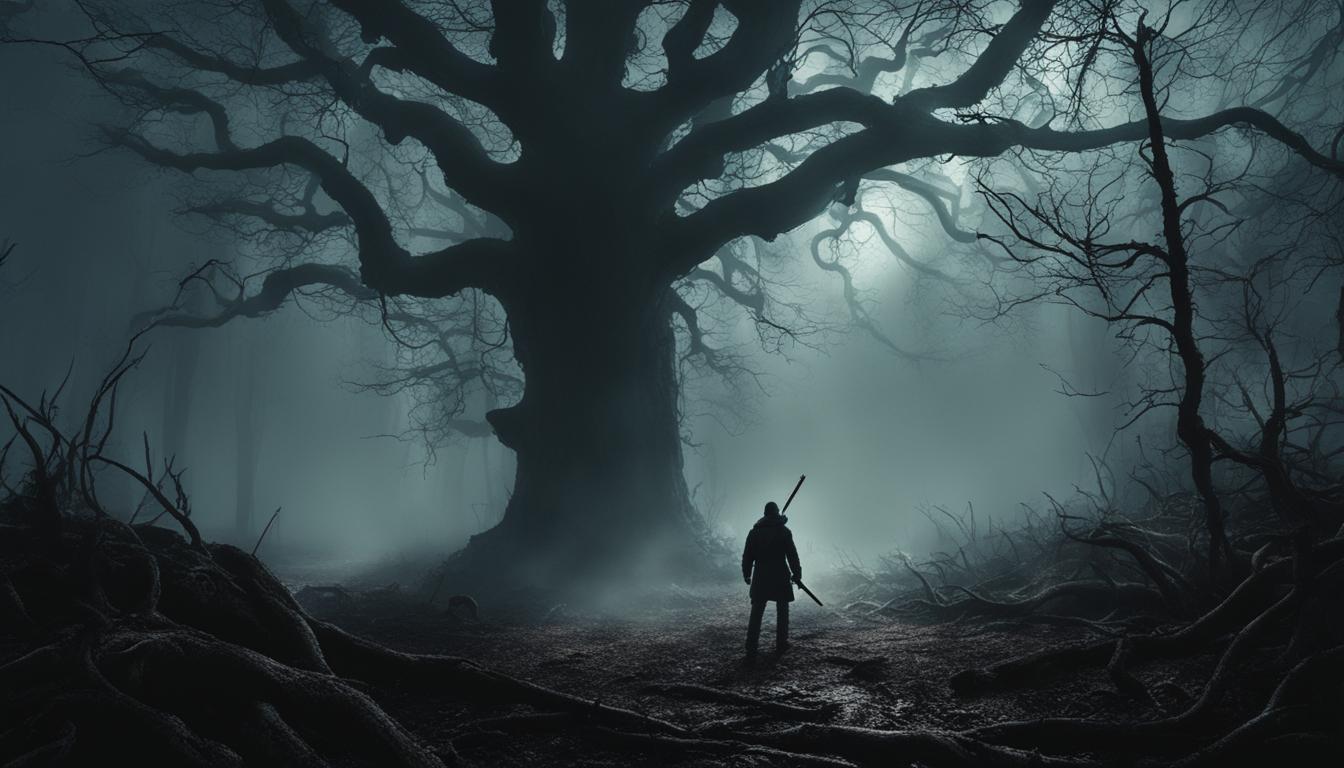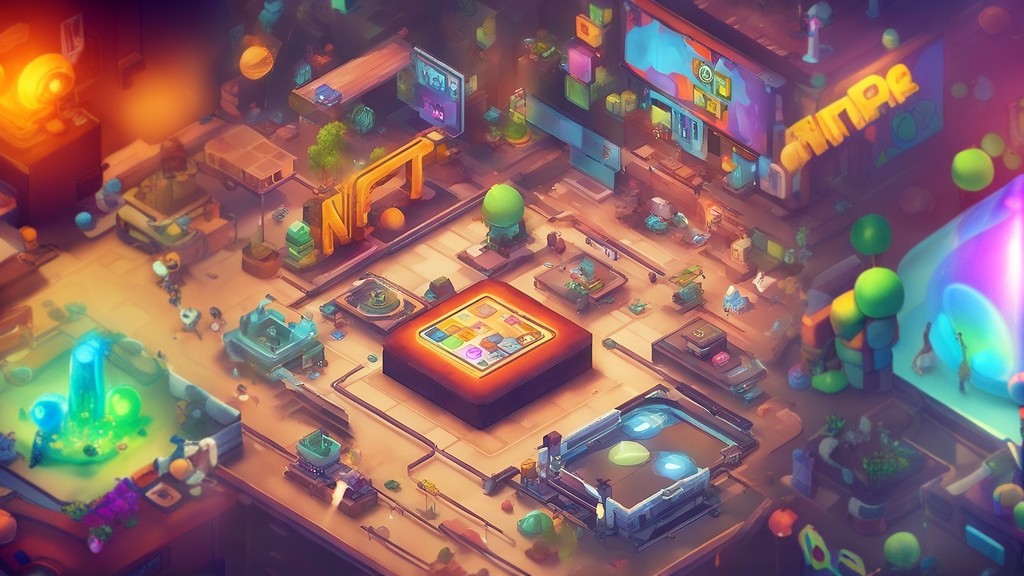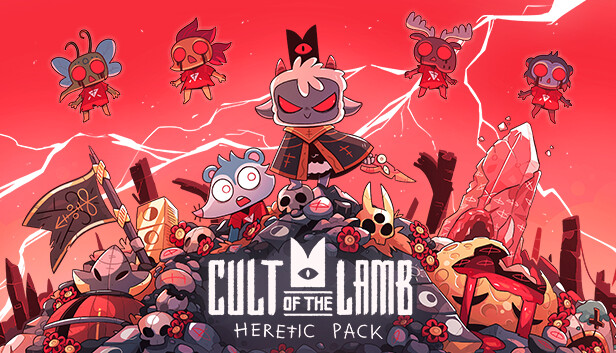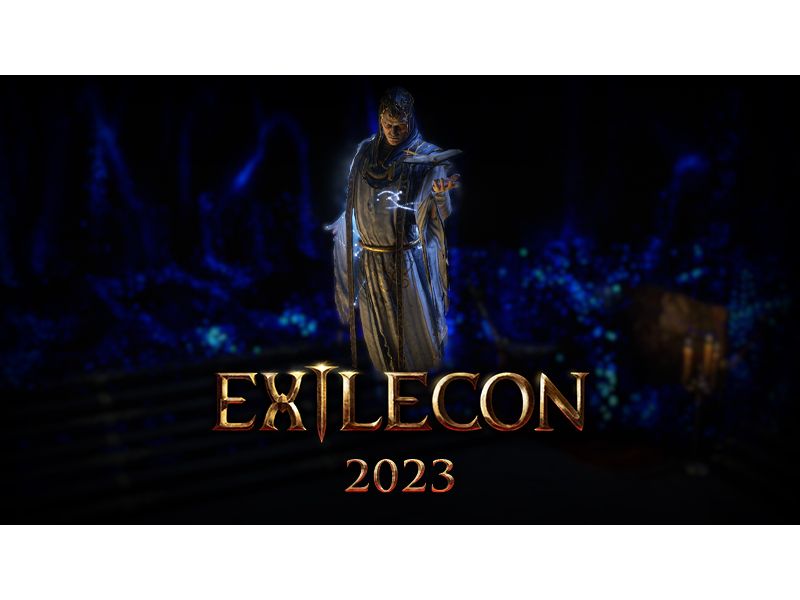[Disclosure: Review copy provided for free]
Opening Thoughts
It is cliched, played out and said a billion times already by people avoiding committing to a stance and those that are just unsure, but that is how the Ars Goetia’s Kickstarted project Blind Prophet left me. On one hand the intrigue the story weaves was enthralling; that through the blatant white knighting I wanted to see what happened next and the art direction was something else. Each scene, each area, each comic panel made you feel the passion that went into it. For a modern Christian power fantasy, these elements went a long way in overcoming the game’s shortcomings.
On the other hand, half of the puzzles were a tedious unenjoyable pain that broke the flow of the game. Nearly forcing me to quit playing on two occasions. Ideologically without devolving this into an ideological rant you’s swear was from Kotaku there were stances the game took that I simply found hypocritical and detestable.
Yet all that could have been forgiven even considered just bumps on an otherwise good trip if not for the ending of the game. Not only is it abrupt to the point you feel a few arcs are missing, but it leaves several plot lines unanswered. Seemingly forgetting the game’s own lore to make a point about human redemption that altogether would have been appreciable if not for lore established at the beginning of the game. Biggest of all was the hidden master behind the hidden master hook that never was resolved though it was fairly obvious who it was if you pay attention to the story.
Sadly this review is spoiler-free, so you’ll have to excuse the vagueness.
The Good
+Art Design
+World Building
+Lore
+Characters
+Overall Story
+Villains have a point
+Easy navigation
+Humorous moments that aren’t “lol what?”
+Good Pricing $20
+Dev very responsive in forums
The Bad
-Feels unfinished despite having a conclusion
-unsatisfying ending
-minor spelling and grammar errors
-no feedback from some puzzles
-White Knighting
Neutral
-Unable to tell when the story is set, a seeming amalgam of modern times, the early 2000s, and 1970s. It doesn’t conflict with each other but feels weird.
-Romance goes nowhere
-Modern Christian Power Fantasy (know what you’re getting into)
-Decent Length, but leaves some plot threads unresolved
The Blind Prophet is a classical point-and-click adventure story, albeit one where you are not required to be high to be able to deduce how to progress forward. The game follows Bartholomew, an apostle of God tasked with hunting down demons who are corrupting the souls of man. Joining him throughout the story is Vic, a tattoo artist you save in the beginning from being raped and through the course of the story will watch Bart build a relationship with.
The story is a mixed bag for me. Though I am not a Christian, I do pride myself on being able to either say “I can’t do this,” or separating my personal beliefs from my experience for the sake of a review. It never much was the Christian narrative that bothered me, but the blatant hypocritical moments where the demons, if they were anything other than two-dimensional by lore manifestations of vice peddlers, would have a vastly better point than the actual hero.
As I said this is a modern Christian Power Fantasy and I say that because it has all the trappings of modern Christianity and not traditional Christianity. Women by and large are the victims of men and you will save their pure souls from sin. A particular early arc involves underage prostitution that the 2000-year-old Bart (as he later tells Vic to call him) has conniptions over despite the fact the Virgin Mary was 12-14 when she gave birth and the age of consent for 1900 of those last 2000 years has been 12 until eugenicists in the late 1800s early 1900s hatched some ideas to deal with the rabble out-breeding them.
Though the average person will never know that bit of historical trivia it nevertheless really painted the character as having some weaker beliefs, but this is understandable given “pedophile” is the Right-wing version of the Left’s “Nazi” and just as few would know the trivia few would care for the explanation. That all women merely were victims of sinful men equally was eye-rolling, and were it not for the game calling out Fake News, Vulture Capitalists, Corporatists, Drug Companies, NGOs, and a slight nod at a certain tribalistic cabal I’d had sworn it was the horseshoe effect in full force at times.


These quibbles with the narrative by the conclusion of the story were overshadowed both by the lore and overarching story.
The lore is not content merely retelling Christian lore, but taking it and shaping it into its own unique world view filled with occult powers, ghosts, afterlife, reincarnation, and multiple dimensions along the lines of Darksiders. Demons are not fallen angels, but entities that reincarnate over and over again that feast upon vice and sin they cultivate in humanity. Point-and-click adventures often have great stories, but the lore itself is deep enough to launch a franchise rather than a single outing.
In general, if a game makes me feel for the characters I give it a nod for writing and this game achieves it in spades. A positive that ultimately leads to the ending itself being somewhat of a letdown. The game feels like it simply ran out of time and there were a few more arcs planned. The lore on the demons lists off two other demons, one of which is obviously in-game, with Leviathan being a monstrosity the game had in mind for its overarching plot.
In the end though, after building up all the relationships it just cuts the game off, seemingly forgetting lore established earlier as to how Apostles worked and even Bart’s own time as an Apostle. It’s hard to believe in a sacrifice you know won’t have much meaning other than robbing the players of a satisfying conclusion to the hero’s arc.
Despite the ending’s issues, the moment to moment narrative was not just good, but filled with memorable characters who at times felt a bit played out, but mostly were well fleshed out. Despite the seriousness of the situation, the game is filled with a fair share of humorous moments that never found themselves out of place.
One of my favorites though, at first is very annoying, has the hero simply telling the bad guys what he’s going to do. It sounds so absurd everyone just thinks he’s joking. People have a good laugh, but through and in between all these moments and character development you get a sense of how messed up the city is and how nearly irredeemable many of its people are.
Puzzles and even progression is entirely straightforward. There is no tying dynamite to a rat to send it through a cave to blow open the tunnel covered in toxic moss. A bit of common sense and filtering through your options thanks to the highlight button will usually help pave the way forward; there is no pixel hunting here, either. What’s more, every object has four options to interact with, discuss always being an option that typically produces some brevity throughout the game even as I forgot about it in the latter half.
Never does the game require you to travel halfway across the map, nor pay attention to every item because it will be useful in some puzzle hours later. Everything Bart needs is either in the room or a few rooms away. These small things combined to alleviate the burden a lot of point and click adventure games hoist onto players interrupting the flow of the narrative.
Sadly the puzzles, half of which were based on reflexes rather than logic, break the flow of gameplay where item and pixel hunting used to. Reflex puzzles often felt tedious, not because of poor implementation as they’re all well-made mini-games, but for their simple time-consuming nature. It was the traditional puzzles that by the end were slightly more annoying with their lack of feedback.
Most were easy to figure out, but some outright did not provide any feedback that would allow you to know you are progressing or screwing up. Two of the puzzles I had to watch a walkthrough to figure out and though one left me feeling stupid for needing to the other just produced a “really?” sense of incredulity.
Final Thoughts
Overall, The Blind Prophet does a lot of things well and stumbles nearly equally as much. Were the game any other genre the quibbles here and there would be more easily overlooked, but the passion that went into the game does allow the bad to outweigh the good. Ultimately I don’t think I’ll ever consider the ending good, but it is far from being intolerable. There is “Wow that could have been better” and there’s “What were they thinking?!” This was the former.
If you can look past the issues, like point and click adventure games and want a Modern Christian Power Fantasy you can’t do much better.
To everyone else, there isn’t much that will draw you to this.
Verdict:
















